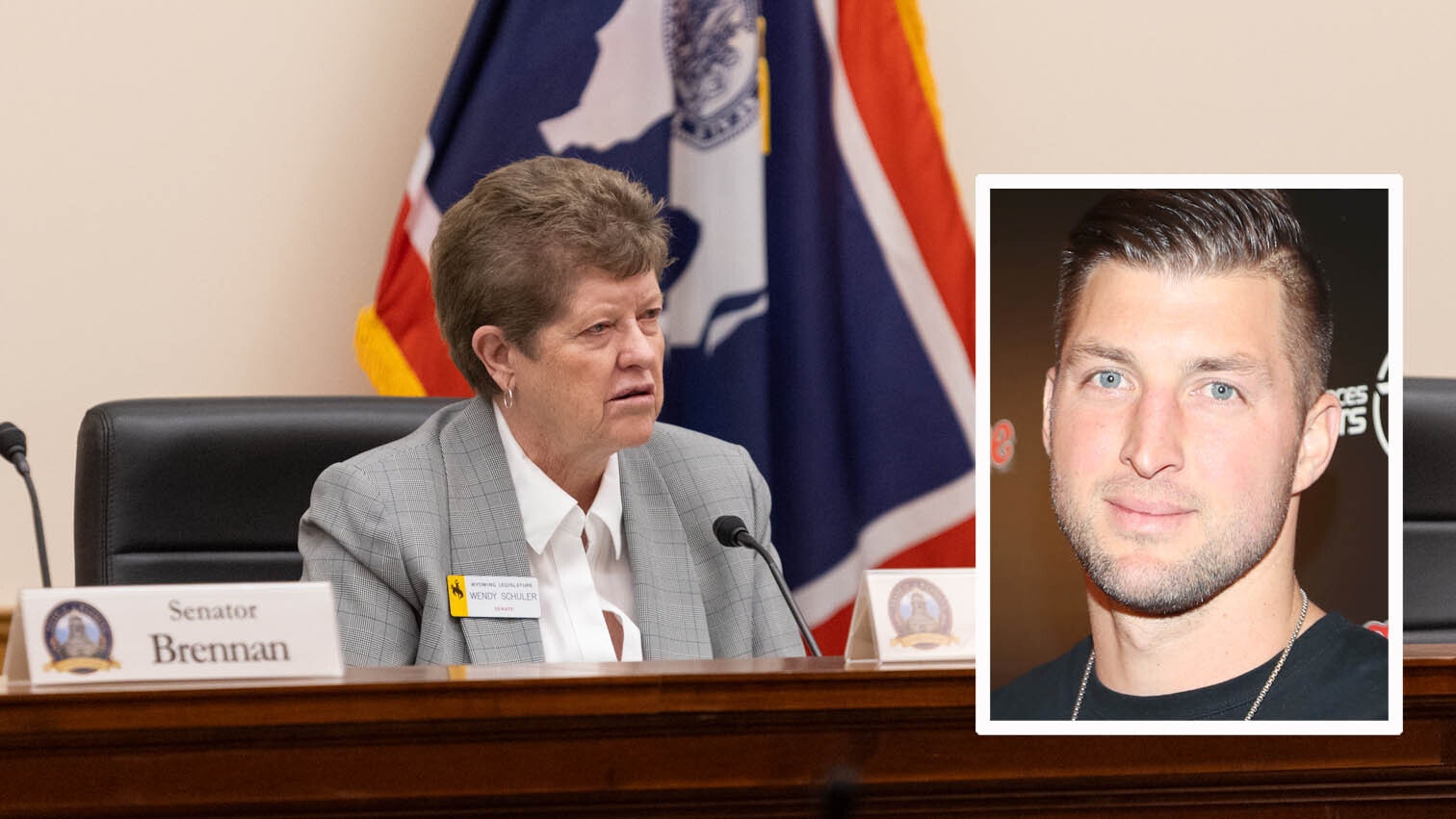A Republican state lawmaker plans to bring back a bill next year that, if it becomes law, would opt Wyoming out of paying for junk foods with its grocery welfare money.
State Rep. Jacob Wasserburger, R-Cheyenne, confirmed Tuesday to Cowboy State Daily that he plans to bring back a version of this year’s House Bill 323. It would have required the Wyoming director of the Department of Family services to apply for a federal waiver so that federal money used in Wyoming’s Supplemental Nutrition Assistance Program (SNAP) money for struggling families could not be spent on candy or soft drinks.
Wasserburger brought that bill to the 2025 lawmaking session earlier this year, and it died when the Senate Agriculture Committee failed to advance it by a key deadline.
SNAP offers money for food on EBT cards for low-income households making less than 130% of the federal poverty line, or $3,380 monthly for a family of four.
It’s now serving 16,573 adults and 13,094 children, a total of about 14,000 households a month, according to a Wyoming DFS presentation given Monday to the Labor, Health and Social Services Committee, which met in Casper.
The average benefit per household is $383 per month.
The federal government gives about $6.716 million annually toward administrative costs, and the state matches that, according to the presentation.
The food benefits totaling nearly $64.55 million annually, however, are 100% federally funded and go straight to the family’s EBT card, DFS Economic Security Programs Administrator Corrine Livers told the committee.

That Junk Food
Rep. Joel Guggenmos, R-Riverton, raised the question: “We have a problem in America with the definition of food and what it is. Can you buy virtually anything — candy, pop — stuff we know and (have) proof it’s junk, it’s not good for you?”
Yes, Livers answered, if it has a food label families can buy it as food at EBT-accepting stores.
Some states have applied for waivers of this to the federal SNAP program, and Wyoming’s DFS is “watching to see how they’ve worked out the logistical part of it,” she said.
Jeff Daugherty later lobbied the committee on behalf of the Foundation for Government Accountability to work toward a waiver by passing legislation. He indicated he was also optimistic about his talks with Gov. Mark Gordon’s office.
Gordon can seek a waiver via the executive branch as well, according to committee testimony.
He noted that Wyoming and the United States in recent decades have seen a rise in obesity rates.
U.S. obesity rates have tripled over the last 60 years, USAfacts.org reports.
“We were actually leading the nation in the area of SNAP reform when (Wasserburger) ran the bill,” he said. Since then, other states have taken up the mission while Wyoming has fallen behind, he said.
The Trump administration earlier this month approved unhealthy food waivers for three red states: Arkansas, Idaho and Utah.
In May, the U.S. Department of Agriculture approved SNAP waivers for Indiana, Iowa, and Nebraska. Other states have requested or are considering SNAP waivers, according to Food Business News. Those are Colorado, Kansas, Louisiana, Montana, Tennessee, Texas, and West Virginia.
Daugherty said Colorado’s inclusion is a sign that this is a bipartisan issue.
And Yet
Livers noted that the duty to enforce the SNAP reform would fall to the state.
That gave Rep. Mike Yin, D-Jackson, pause.
“Where does the bureaucratic burden lie?” he asked Daugherty. “On the private industry to update their systems so they have to filter everything, or on the state to check every purchase (and police that)?”
Daugherty said EBT systems already filter out certain items.
In a later text to Cowboy State Daily, Yin said, “I’m not a fan of more bureaucracy to ensure folks can ensure their family gets fed. Let’s help families, not control them.”
The committee may consider this issue again at later interim meetings. The state’s lawmaking session opens Feb. 9.
Clair McFarland can be reached at clair@cowboystatedaily.com.





